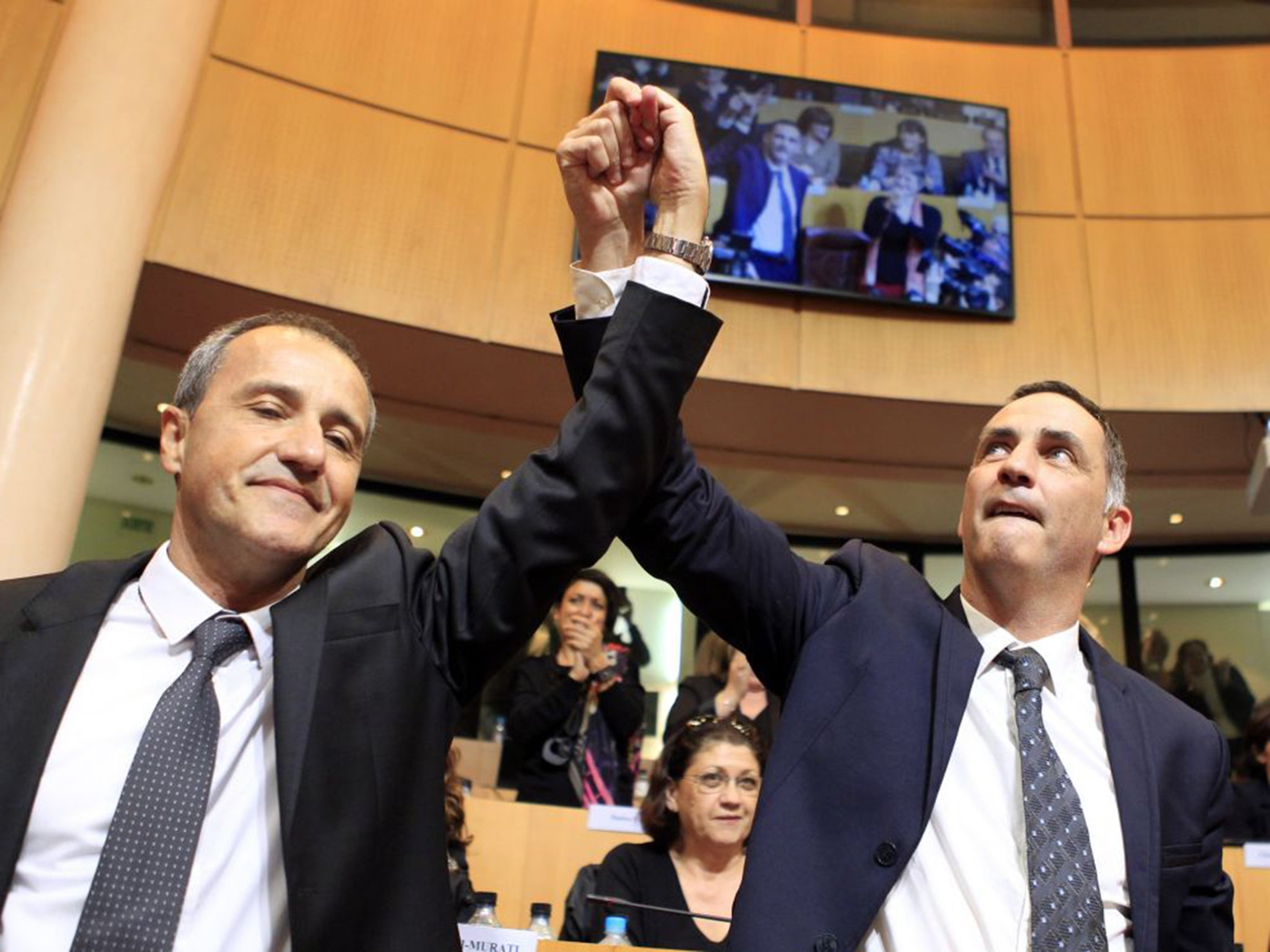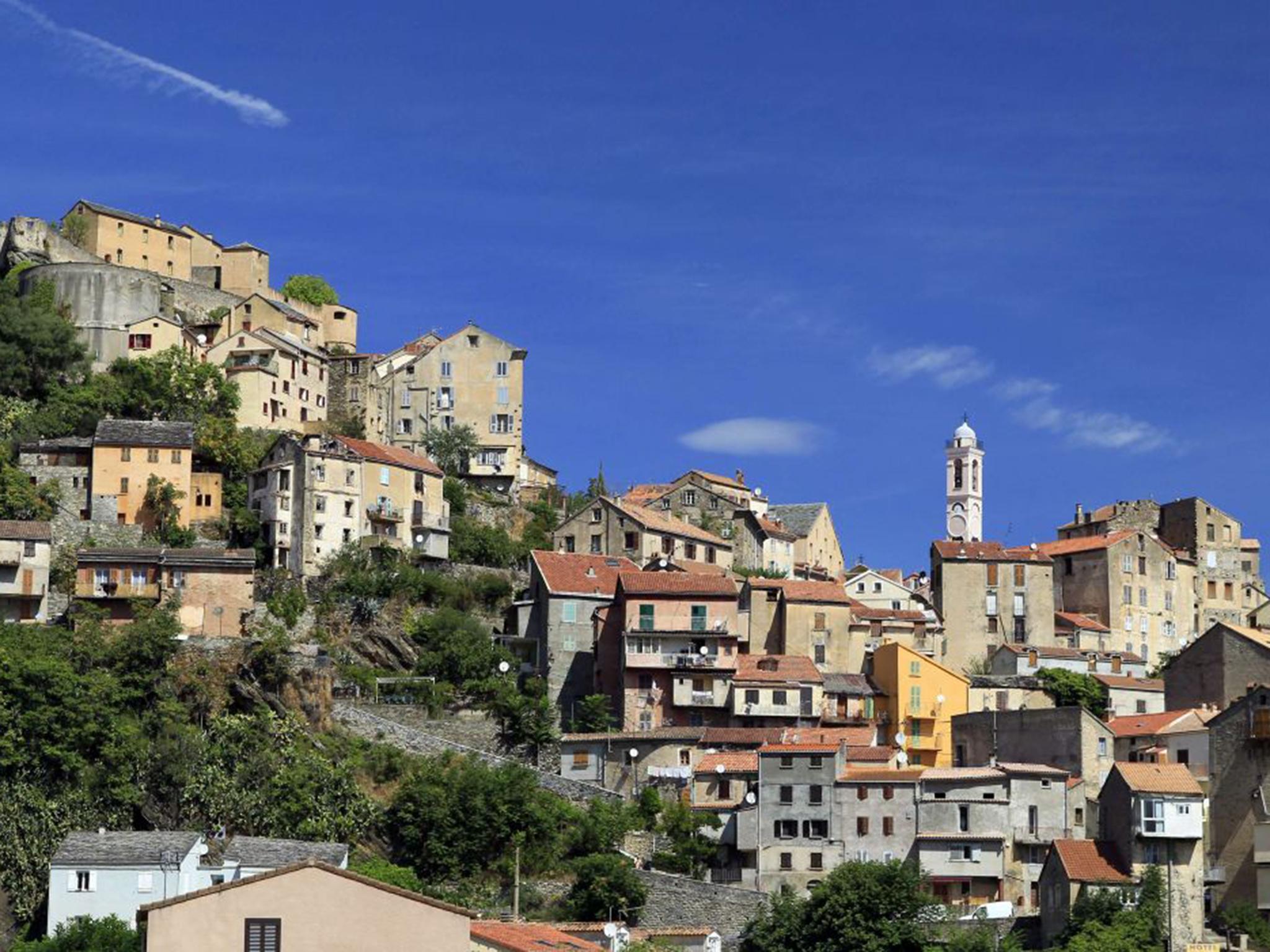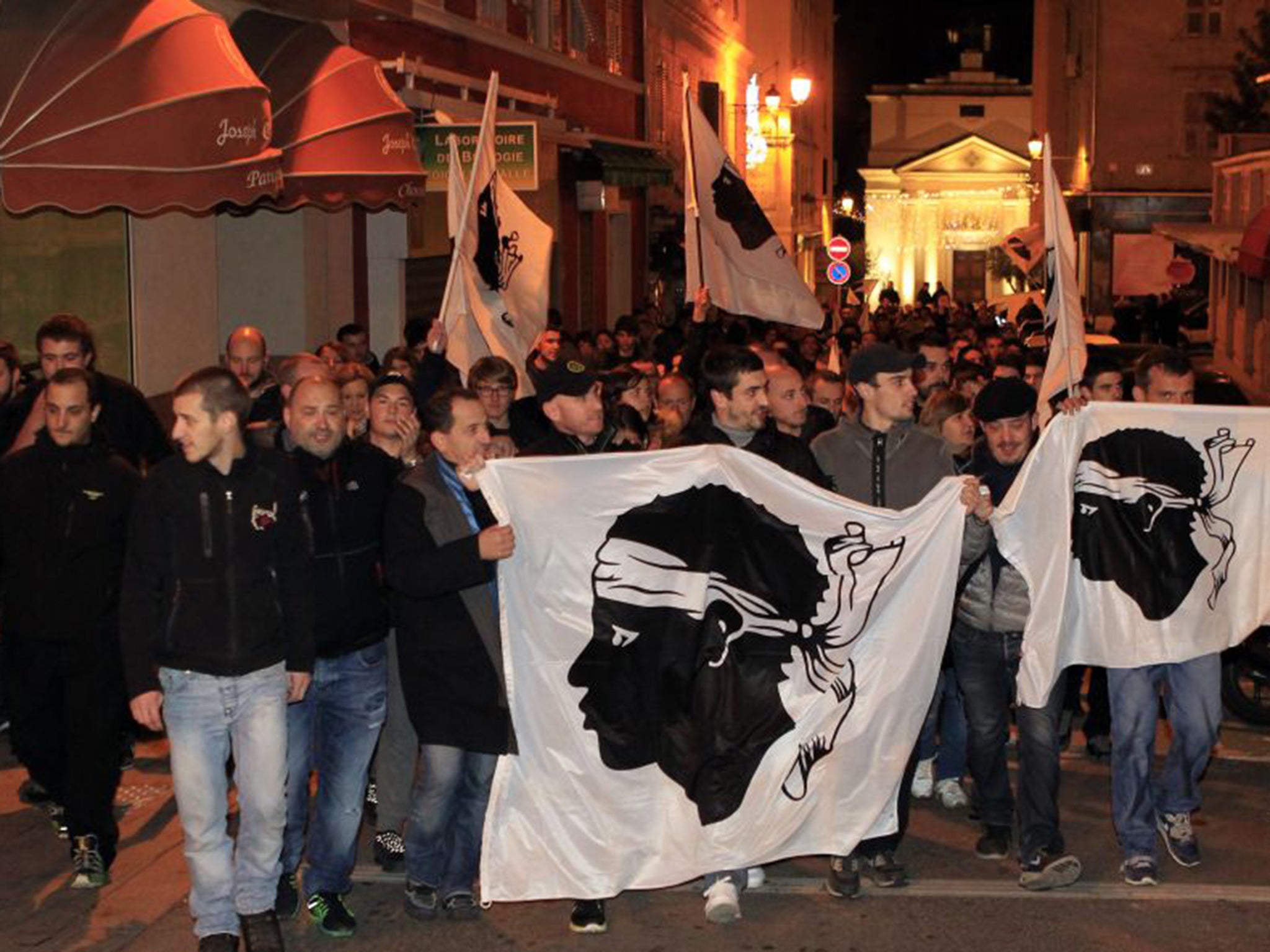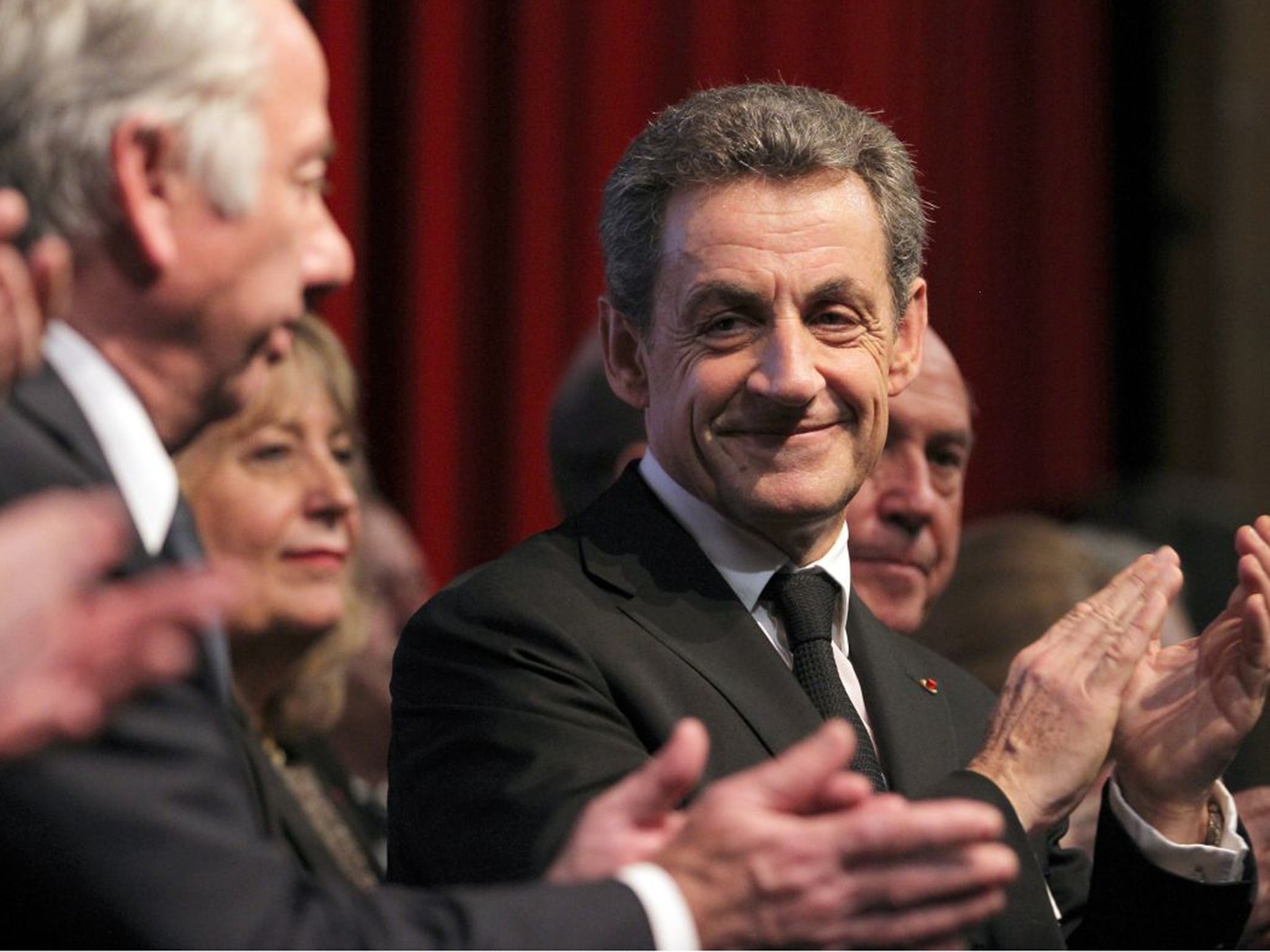Corsica: Installation of nationalist government sparks concern in Paris amid renewed calls for independence
Nationalists hope new power will allow the island to follow Scotland and Catolonia towards greater autonomy

Without a gun being fired – recently, at least – a new “self-governing” nation is flying its flag in the heart of Europe. For the first time since the 18th century, Corsica has installed a nationalist government which has declared the Mediterranean island to be culturally and historically separate from France.
In Paris, the implications of the nationalist victory in French regional elections this month are only just beginning to sink in. While the eyes of the world were fixed on a failed electoral putsch by the Far Right in mainland France, Corsican voters were quietly – unusually quietly for Corsica – making history.

The island’s traditionally quarrelsome tribes of “separatists”, “nationalists” and “autonomists” combined to win power for the first time in the island’s assembly and executive. Since Corsica already has a degree of self-rule, the victory will give the island’s new government real opportunities for nuisance-making in Paris.
Corsican nationalists hope their new power will allow the island – population 320,000 – to follow Scotland and Catalonia along the road to greater autonomy and maybe, one day, complete independence. To the fury of the French government, the installation of the new president of the Corsican assembly last week became a grand-standing festival of pro-independence statements and gestures.
Jean-Guy Talamoni, 55, a lawyer and nationalist hardliner who has been compared by the Paris media to Gerry Adams of Sinn Fein, declared himself to be a leader of the “first national government of Corsica since the 18th century”.
Speeches were made and hymns were sung in the Corsican language. The black on white Corsican “moor’s head” flag flew everywhere. The French tricolour was pushed into the background.
The island’s nine-strong executive swore oaths of office in Corsican on a 1758 book, Justification of the Corsican Revolution, regarded as the bible of Corsican nationalism.

Mr Talamoni, 55, the new assembly president, dedicated his election to “those who have never accepted French rule … and have never ceased to fight for the survival of the Corsican nation”.
He called for an amnesty for “political prisoners” and “those still in hiding”. The main faction of a much-splintered, violent independence movement, the Fronte di Liberazione Naziunale Corsu (FLNC), gave up its “armed struggle” in 2014.
Although the violence was mostly low-level, there were occasional outrages, including the 1998 murder of the most senior French official in Corsica.
A more moderate nationalist, or “autonomist”, Gilles Simeoni, 48, has simultaneously been elected to run the Corsican “executive”. He said recently that the moment had arrived “to rethink and reformulate” the relationship between Corsica and the French state.
Jean-Pierre Susini, 67, a resident of the small village of Luri in northern Corsica, told the news agency AFP after the vote: “This is the culmination of 40 years of struggle.”
Negotiations are due to begin next month on the creation of a “single government” for Corsica by 2018, merging the island’s executive with its two départements, or counties. Politicians on the French mainland now fear that these negotiations will become a battering ram for demands for greater autonomy.
Centre-right opposition politicians have called on the government to slap down the pretensions of the nationalists. At a meeting on the island three days before the regional elections, the former President Nicolas Sarkozy said: “Mr Talamoni does not want the French Republic? Well, the French Republic does not want Mr Talamoni. This is France.”
The Socialist-led government in Paris – beset by economic and security problems – is trying to avoid a confrontation. The Prime Minister, Manuel Valls, said last week that he was looking forward to a “serene, constructive and peaceful dialogue”. He declared that Corsica was “part of the French nation and the French Republic” but said he recognised the island’s differences”
Corsica is culturally distinct from the rest of France – more so than mainland regions which have their own languages, such as Brittany or Alsace. The island is socially is more like Sicily or Sardinia, controlled by a secretive family clan system.
Although political violence has almost vanished, the murder rate remains nine times higher than in France as a whole.
Corsica won its independence from Genoa in 1755 and installed the first fully democratic system of modern times, two decades before the United States. The island was conquered by France in 1769 but became independent again – declaring an unlikely “union” with Great Britain – from 1789 to 1796.

Polls suggest that most Corsicans oppose full independence – not least because the rest of France heavily subsidises the island’s administration and transport links. Why, then, did the nationalists triumph in the regional elections?
The end of the “armed struggle” in 2014, partly brokered by Mr Talamoni, healed divisions between moderate and more extreme nationalists. Mainstream French parties of centre-left and centre-right have become as unpopular in Corsica as they are in France as a whole.
The combined separatists led by Mr Talamoni and more moderate autonomists led by Mr Simeoni defeated the mainstream parties in the second round of regional elections on 13 December. Although they secured only 37 per cent of the vote, first place gave the nationalists a bonus of nine assembly seats – just enough to install a government.
As for the question of independence, Mr Simeoni told the local newspaper Corse-Matin: “Corsicans will decide. If they want independence, no one will stop them taking it. But conversely, if they don’t want it, no one can presume to impose it on them.”
Officials in Paris say the strategy of Mr Valls and President François Hollande is to bide their time and allow the jealousies between the different tribe of Corsican nationalists to resurface.
Le Monde warned last week, however, that nothing would ever be the same in relations between Corsica and “le continent”. In a front-page editorial, it said: “In history, after bumpy journeys and prolonged transformations, a tipping point arrives when everything changes.”
Join our commenting forum
Join thought-provoking conversations, follow other Independent readers and see their replies
Comments